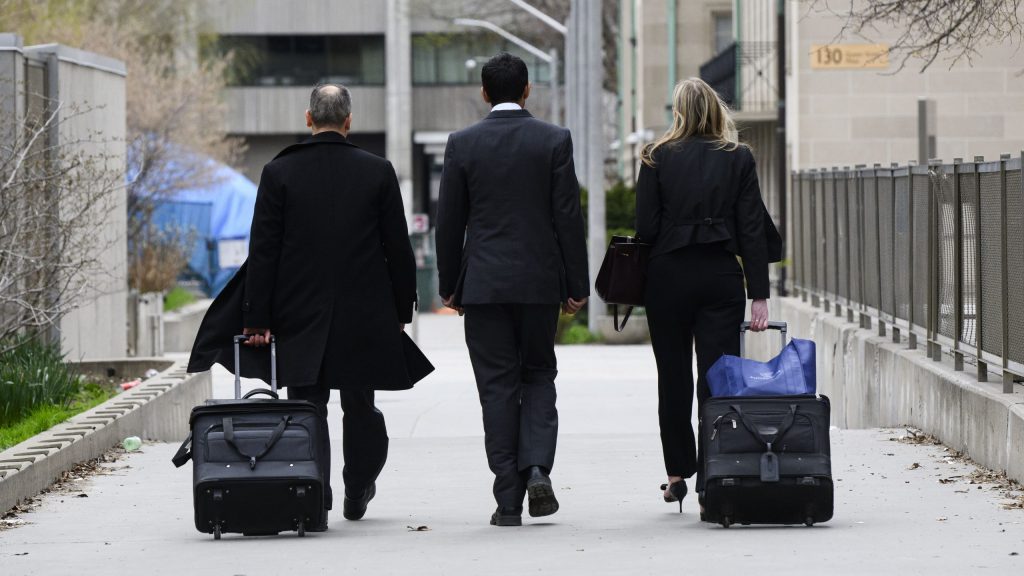Ontario not on track to achieving emissions reductions targets: auditor
Posted December 4, 2019 8:05 am.
Last Updated December 4, 2019 12:14 pm.
The province’s climate change plan is unlikely to meet its emissions-reductions targets — and that the government acknowledges it, Ontario’s auditor general said on Wednesday.
Bonnie Lysyk said in her annual report that under the current plan greenhouse gas emissions will only be reduced by between 6.3 and 13 megatonnes.
The Progressive Conservative government has said its “Made in Ontario” climate change plan would reduce emissions by 17.6 megatonnes by 2030.
Lysyk said the starting point for emissions was underestimated because it included several green programs that were actually cancelled by the Tories.
She said some reductions were double-counted or overstated, while others aren’t backed up by policies to achieve those reductions.
The auditor said the government’s own analysis shows that the current initiatives in the climate change plan will only reduce greenhouse gas emissions by 10.9 megatonnes.
Courtroom backlog
Lysyk also said a backlog of criminal cases in the court system is growing, and courtrooms only operate for an average of 2.8 hours a day.
Her annual report looked at various aspects of the justice system, including criminal and family courts, jails and detention centres, as well as coroners’ operations.
She found that most of the highest-billing coroners, who are also physicians, performed death investigations on their own patients last year.
The report also said that Office of the Chief Coroner doesn’t have procedures for inventories of bodies, leading to some being found in the wrong cooler.
In the courts, Lysyk found that the number of criminal cases awaiting resolution grew by 27 per cent to about 114,000 cases, while the average number of days needed to deal with a case grew by nine per cent.
The Supreme Court of Canada ruled in 2016 that cases must be dealt with in certain time frames or be tossed, and Lysyk says 191 cases in Ontario have been stayed in the last three years because of that.










